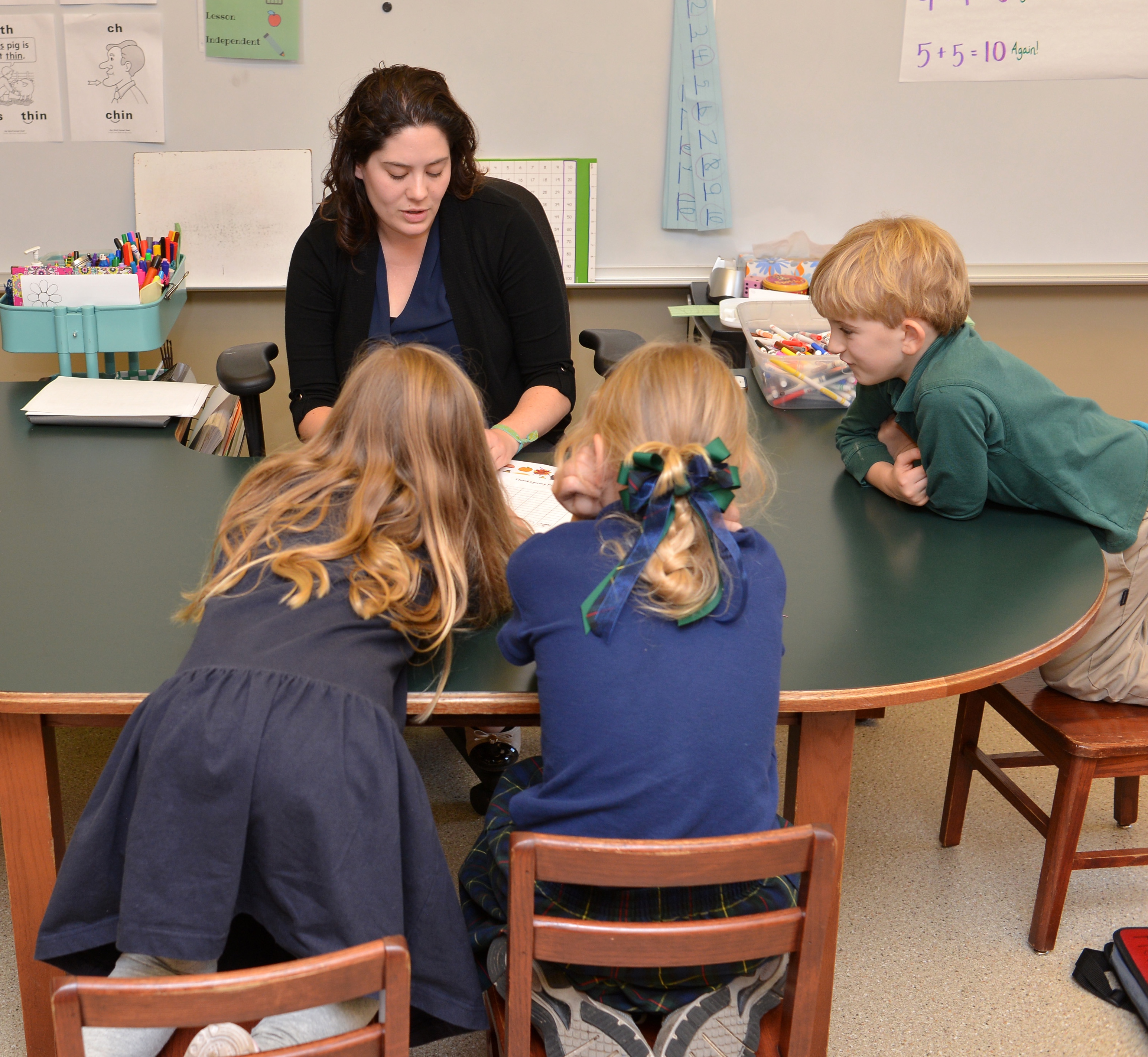If your child has difficulty getting organized, managing his/her time, remembering things, doing homework or finishing projects, he/she may have executive function deficits. Executive Function (EF) plays a crucial role in becoming a successful person at school and in life. When EF skills are strong, students will have greater academic success, better self-regulation skills, and better peer relations. EF skills are cognitive skills used to analyze tasks, break down steps, understand what is read, and solve multi-step problems.
Currey Ingram Advantage
- What difference could the right school make in your child’s life?
- Imagine what success can look for your child.
- Our approach to teaching and learning is designed to empower every student to reach his/her fullest potential.





